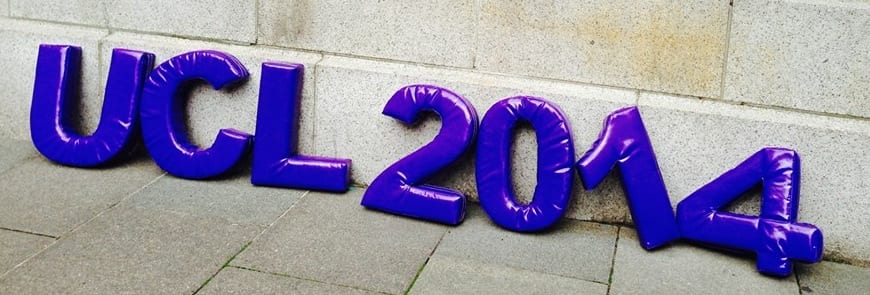Reading for Excellence by Becky Scott
By Anne Welsh, on 17 November 2014

I recently attended the School Library Association’s Reading for Excellence one day conference.
Wendy Cooling MBE, founder of Bookstart, opened the day with an inspirational talk on her own journey of reading and libraries. Reading for her meant two words: power and passion. Reading, she believes, gives young people power and without it they have very few choices. Passion, as librarians, is what we all have for reading and we have a responsibility to ignite this in our young people.
Dr Clare Wood then presented a number of studies conducted from the Reading Research and Insights into Achievement centre at the University of Coventry. A recent study by PHD student Emily Harrison investigated the link between children’s ability to hear speech rhythm and their progress in reading. Her research is not yet in the public domain but previous research by Corriveau et al on auditory processing skills and language and literacy achievement is available.
Clare also spoke about a study by Smith et al on reading enjoyment and how despite a steady improvement in children’s reading ability between the ages 8 – 12, their enjoyment and self-efficacy declines. As a school librarian working with children in this age group, this is of particular interest to me. One finding of the research suggested that 80% of pupils enjoyed books that they selected for themselves. This highlights the importance of reading for pleasure and the need for us as adults, librarians, teachers and parents to reconsider what we view as legitimate reading and the importance of validating pupils’ own reading selection choices.
Karen Goulding, Learning Hub Director at the University of Reading, challenged us to consider our library space and ask ourselves: “Are we making a substantial impact on all children? How do we decide what to include? Do we realise that means we make choices about exclusion too?” This was a powerful insight into thinking about school libraries. Karen advised us spend time simply observing how pupils move around the space, what sections they are drawn to and which areas they overlook. She also emphasised the need to engage with our users and develop a clear strategy for moving our libraries forward.
There was also the chance to participate in a workshop. I selected Thinking Skills and Reading because I want to develop a deeper understanding of the role of reading across the whole curriculum. Sue Dixon, founder of the Thinking Child, stimulated us with a range of practical activities which we could take back and explore with our pupils. Sue highlighted the importance of pupils as social and political critical thinkers in our information rich society. The activities were designed to promote curiosity, imagination and questioning.
The day concluded with a talk from Marilyn Mottram, Her Majesty’s Ofsted Inspector, Deputy National Lead for English and Literacy. The audience welcomed the recognition of the importance for reading for pleasure in the new curriculum. Marilyn identified that 10.2% of pupils aged between 8 – 16 do not enjoy reading at all. This is a challenge for schools to overcome and it is through partnership that it can be achieved. Everyone in education has a role to play. It begins with being a reader yourself and as a librarian being ready to share your subject knowledge and passion with teachers, parents, and of course, pupils.
—–
Becky Scott (@the_bookette), School Librarian, St Aubyn’s School, is completing her MA LIS part-time.
Image: St Aubyn’s School Library by Becky Scott, used with permission.
Note: the appearance of the byline on this post is auto-generated, indicating that it was posted by Anne Welsh. Becky Scott is the sole author of this piece, and also holds the copyright for the image.
 Close
Close


